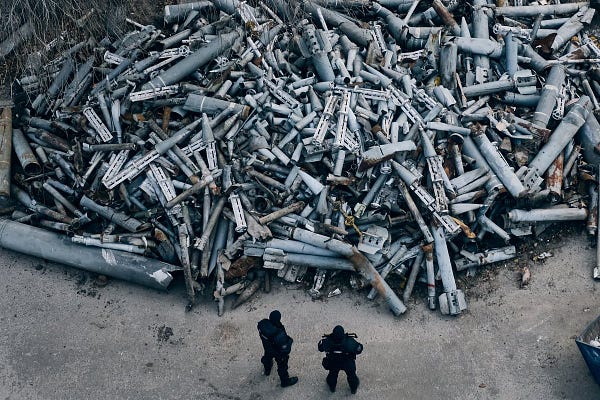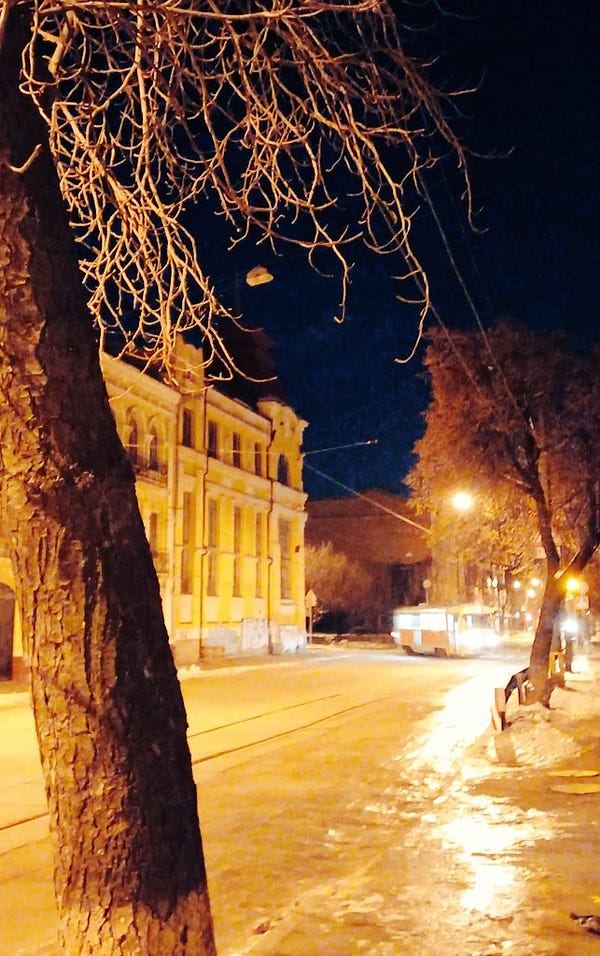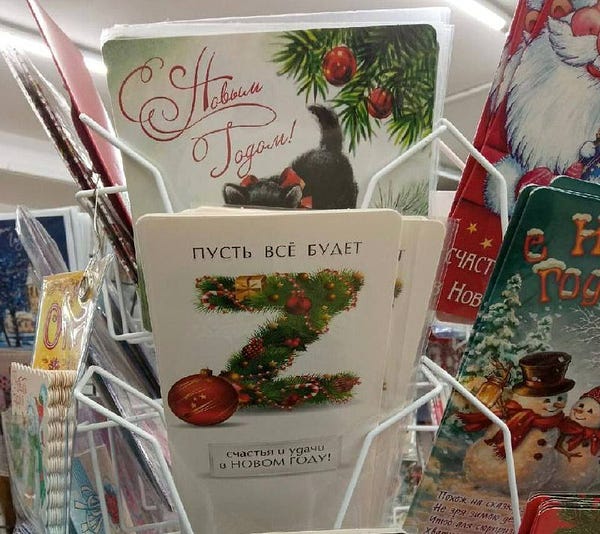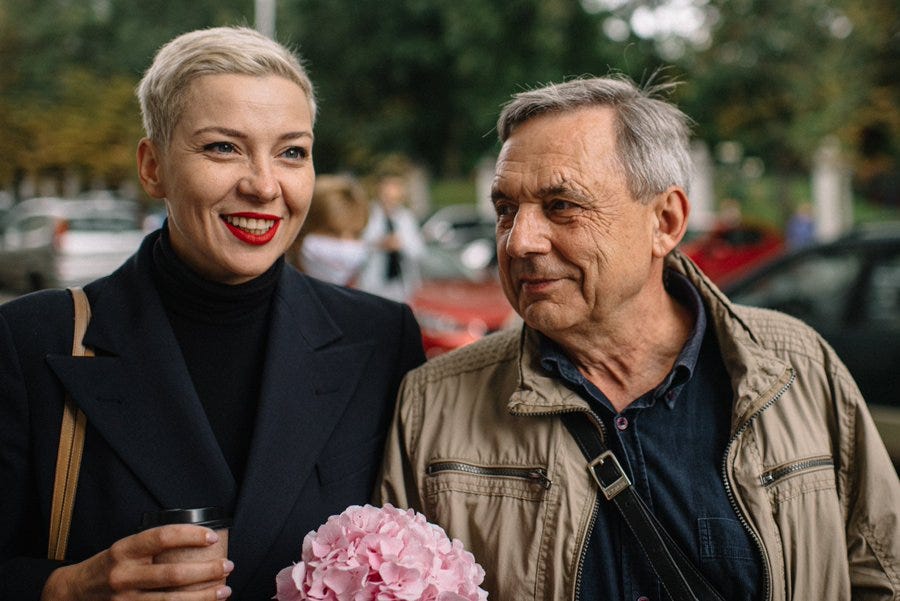Dec 5 Buonasera Mag
Day 285: RUAirbases RUAirstrikes Kherson Haines RUchemicals India Lithuania $1.9B UAreconstruction EU CHpolice-A&Ps-Liberov Sorokin Scollick Kalesnikava Roth Amelina Vogel UAWorld Cepa Mendel
Catching up…
EA Worldview’s Ukraine Up-date- hop over to Scott’s amazing hourly Ukraine up-date page. I’ll fill in with some bits and bobs.
Kostiantyn Liberov: “Kharkiv. Cemetery of shells. I am the author of the photo. Please, when you see this photo under a different signature, ask to correct it. We will not build a rule of law by neglecting copyright.”


Stories we’re following…
Mysterious explosions took place at two Russian airbases far from the frontlines on Monday, raising the possibility that Kyiv has found a way to target Russian long-range bombers used in attacks against Ukraine’s infrastructure. Another explosion took place at a military airbase near the city of Ryazan, less than 150 miles from Moscow.

Ukrainian officials reported a new barrage of Russian missile strikes across the country. Media reports referred to explosions in several parts of the country, including the cities of Odesa, Cherkasy and Kryvyi Rih. In Odesa, the local water supply company said a missile strike cut power to pumping stations, leaving the entire city without water.
Stellar Ukrainian air defense performance praised by Zelensky as over 60 Russian missiles shot down. Over 60 out of just over 70 Russian cruise missiles were shot down on Dec. 5 by Ukrainian air defense and planes, according to figures published by the Ukrainian Air Force.
Russia forces elderly people to receive Russian passports in occupied Kherson Oblast. Russian forces in occupied Skadovsk are forcing pensioners to get Russian passports in order to receive their payments, the General Staff of Ukraine’s Armed Forces reported on Dec. 4.
Russia uses prohibited chemical weapons against Ukrainian soldiers. Ukrainian Naval Forces reported on Dec. 4 that Russian troops had used Soviet-made K-51 tear gas grenades against Ukrainian soldiers fighting in the east of the country.
Canadian-made parts have been found in the ‘kamikaze’ Iranian drones used by Russia to attack Ukraine, according to a new report. An investigative project from the NGO Statewatch found components from 30 European and American companies, concluding antenna parts from Tallysman Wireless, a Canadian manufacturer.

NBC News: US intel chief says Russia is using up ammunition in Ukraine faster than it can replace it. U.S. National Intelligence Director Avril Haines said on Dec. 3 that Russian forces in Ukraine are burning through ammunition faster than the country’s defense industry can replace it.
Ukrainian intelligence: Russia using more newly-produced missiles as existing stockpiles run low. Russia is continuing to burn through its strategic missile stockpile, and now firing more and more new missiles, with some produced as recently as August, according to Vadym Skibitsky, a representative of the Ukrainian Defense Ministry’s Intelligence Directorate. Skibitsky said such assessment suggests that some missiles are being used "directly from the assembly line."


India gave a list of Indian products to Moscow for access to Russian markets, FM Jaishankar said, as his country seeks to narrow a growing trade deficit with Russia at a time when Moscow faces acute shortages of some crucial materials following western sanctions.
Lithuania sends artillery rounds to Ukraine. Lithuania’s Defense Minister Arvydas Anusauskas announced a new delivery of 155 mm artillery shells from Lithuania on Dec. 4.
Russia has stolen, destroyed $1.9 billion worth of agricultural products in Ukraine. The estimated 2.8 million metric tons of grain and 1.2 million tons of oil seeds were destroyed or stolen because of Russia’s war against Ukraine, according to the Center for Food and Land Use Research of the Kyiv School of Economics (KSE).
Ukraine’s post-war reconstruction to cost up to 600 billion euros. World Bank Vice President for Europe and Central Asia Anna Bjerde told Austrian newspaper Die Press that the cost of rebuilding Ukraine’s infrastructure damaged or completely destroyed by Russia since Feb. 24 will cost from 500 to 600 billion euros ($527 billion to $632 billion).
EU proposal would send proceeds of frozen Russian funds to Ukraine. Officials in the EU, United States and other Western countries have debated whether Ukraine can benefit from frozen Russian assets, including around $300 billion of Russia's central bank reserves and $20 billion held by blacklisted Russians.
As part of the potential ninth sanctions package, the EU plans to sanction an additional 180 Russian individuals and companies. Along with the 2014 Crimea-related sanctions, the EU has sanctioned 118 companies and 1,241 individuals that refer to Russia.

Maria Kalesnikava- intensive care
Today Maria’s father was allowed to see his daughter. Maria was transferred from the Gomel emergency hospital to the penal colony at the weekend — now she is in the colony's hospital. Maria has lost weight, she still has little strength. The diagnosis is a perforated ulcer.
The 10-minute meeting was held under the supervision of the doctor and the penal colony staff. She will be under the doctors' supervision for at least 10 more days. Maria Kalesnikava is grateful to the doctors of the emergency hospital who saved her life.
Thank you to everyone who's been supporting all these days. Support and kind thoughts are very important and valuable for Maria's family and everyone who love her.
Andrew Roth, Russia’s vicious tactics in Ukraine serve only to further expose its weakness- The Guardian
Whether or not that’s the case, it is clear that Russia has abandoned its own pretence of a war fought with restraint. According to the plans reported by RUSI, Russia is in uncharted territory: its FSB security service never bothered to engage in contingency planning, “nor envisaged any outcome other than its own success”.
The new strategy targeting civilian infrastructure is more difficult to sell to the Russian public. A person who occupies a management position at a state media agency said editors were being encouraged to focus on how the strikes were affecting the Ukrainian military, rather than lingering on their humanitarian impact.


The EU has a spy problem- Politico
That the walls have ears has long been a fact of Brussels life. But the fight against espionage is receiving renewed attention as the EU’s spy-catchers redouble their efforts in the face of Russian hostility, Chinese spying and the return of Great Power geopolitics.
The trouble, for those charged with addressing the problem, is just how much can be done about it. And the answer, for now, seems to be: not enough.
To start with, nobody really knows just how many spies are operating in the EU capital. When Belgian security officials are pressed to provide a number they joke that, if anybody can find out, they’d be delighted to know.


Philippe Sands on international law, and its future | Thinking in Dark Times # 3
Philippe Sands is a British and French writer and lawyer. He is a Professor of Law and Director of the Centre on International Courts and Tribunals at University College London.
Volodymyr Yermolenko, Ukrainian philosopher and chief editor of UkraineWorld, spoke to Philippe Sands in Lviv, during the Lviv Book Forum, about the origins of concepts of genocide and crimes against humanity, the key role of Lviv in their origins, and about the future of international law. The conversation took place two days before Russia’s massive round of missile strikes on Ukrainian cities in October.
Angela Giuffrida, Italy home to 11 of 100-plus unofficial Chinese ‘police stations’- The Guardian
In a report published on Monday, the civil rights group said it had identified 48 additional stations, 11 of which are in Italy. Other newly identified stations were in Croatia, Serbia and Romania, it said.
The Italian stations are in Rome, Milan, Bolzano, Venice, Florence, Prato – a town near Florence that hosts the largest Chinese community in Italy – and Sicily.
China has said the offices are merely “service stations” set up to assist Chinese citizens with bureaucratic procedures such as renewing a passport or driving licence.
Programming Note: From CEPA
Russia’s war in Ukraine has dramatically altered the European security landscape, especially in a Nordic-Baltic region previously perceived as vulnerable on NATO’s northeastern flank. What lessons should the Nordic-Baltic region learn from the war in Ukraine? What has the war demonstrated about Russia's hybrid capabilities? What should Nordic and Baltic countries do to prepare for potential hybrid threats in the region?







